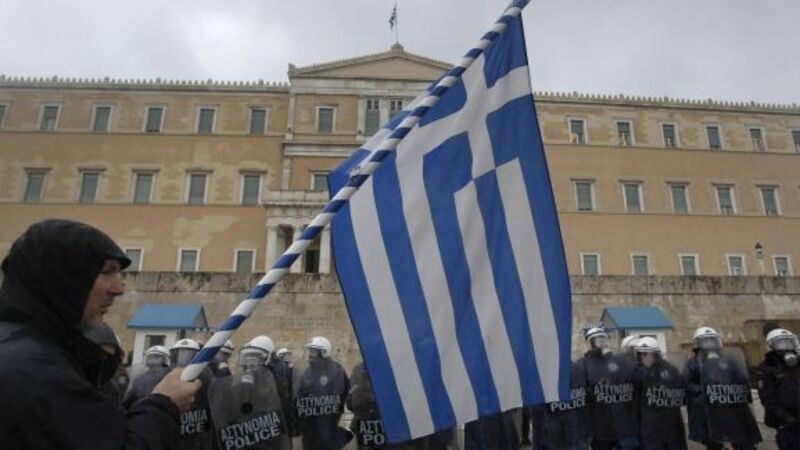Greek drama will make compelling viewing

Here is why. The Greek people, exercising their full democratic rights, have elected a government to take a radical and extreme approach to managing the debt that hangs over their country.
The popular lines about burning the bondholders, sticking it to the troika and other plans to directly challenge the national debt in Greece are now part of the everyday narrative there.
















